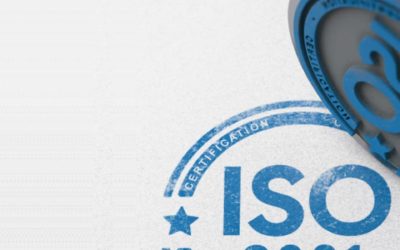Building a Sustainable Business with ISO: 14001
A recent study conducted by HP and Planet Ark revealed that nearly 80% of consumers hold businesses responsible for their environmental impact. CEO magazine reported that 91% of Australian consumers are visibly concerned about the environment and sustainability.
Here is a simple truth: consumers are willing to choose and spend more money on a brand that is deemed as environmentally sustainable. The same applies to companies involved in environmental initiatives and actively lobbying for sustainable business practices.
The changing ways in which consumers nowadays interact with the environment and businesses reflect in their evolving spending habits. As consumers become more aware of the environmental impact of their choices and a more conscious spending experience, business needs to shift to an environmentally sustainable approach or risk losing customers.
Becoming an environmentally-conscious business affords a way to address and improve environmental problems worldwide and embrace a more ethical way of doing business, with potential great financial rewards, too.
ISO 14001 Environmental Management System (EMS) is principally a tool to monitor the effects of an organization on the environment. ISO 14001 offers an organized method to understand the impact and to develop controls and processes to accomplish the impacts.
Environmental Regulatory Compliance
No doubt incorporating sustainability as a core business value can have a positive impact on your bottom line. It starts with making more sensible choices to achieve the level of sustainability desired – such as recycling or cleaning-up initiatives – and adopting new strategies to manage the environmental impact on a larger scale.
A strong incentive to build a sustainable business is the changing legislative and regulatory framework concerning environmental hazards. Compliance with standard management and reporting requirements as defined in the environmental guideline ISO: 14001 enables companies to manage risk-based material environmental impacts proactively.
Companies who integrate sustainability at a strategy and policy level enable their leadership to make informed decisions to minimise environmental risk and improve environmental performance, leading to more efficient business operations and more satisfied customers.
A compliant and dynamic framework that measures and reports on business sustainability and impact areas – energy, water, emissions – provides organisations with an outlet to track performance against environmental laws, regulation and permit compliance conditions, as well as the organisation’s objectives and improvement targets.



